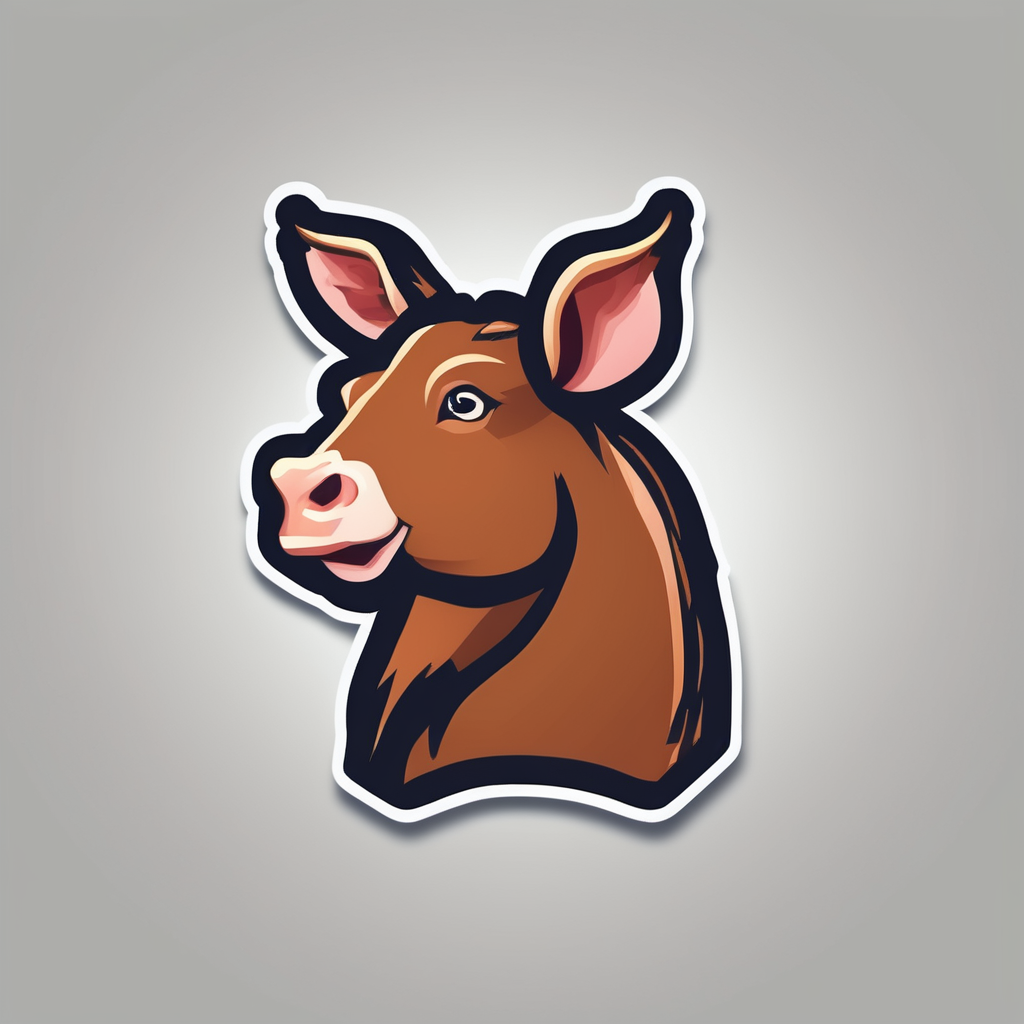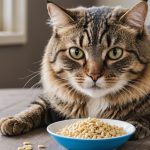Nutritional Needs of Senior Bulldogs
Understanding the nutritional needs of senior bulldogs is vital for their health and well-being. As bulldogs age, their metabolism slows down, necessitating dietary adjustments. Age-related changes often include reduced activity levels and altered digestive efficiency, impacting their nutritional requirements.
Essential Nutrients
Providing a well-balanced diet rich in essential nutrients becomes crucial for maintaining the health of senior bulldogs. Key nutrients include:
Also to read : Mastering Obedience: Top Training Strategies for Doberman Pinschers to Shine in Competitions
- Protein: Helps preserve muscle mass. Opt for high-quality animal sources.
- Fats: Necessary for energy. Ensure these are healthy fats.
- Fibre: Assists digestion, improving gastrointestinal health.
- Vitamins and minerals: Support immune function and joint health. Pay attention to vitamins like A, C, E, and minerals such as calcium and phosphorus.
Caloric Intake Adjustments
As dogs age, it’s important to adjust their daily caloric intake to prevent obesity, which is common due to decreased activity. Tailor the diet to be lower in calories while maintaining nutrient density. Regular veterinary consultations help determine precise caloric needs based on individual health status.
Paying close attention to the nutritional needs and dietary requirements ensures your senior bulldog remains healthy and active, enjoying their golden years with vitality.
Also read : Anticiper le coup de chaleur : guide pour identifier les signes chez votre bouledogue français
Recommended Foods for Senior Bulldogs
As bulldogs age, their dietary needs change, requiring specific food recommendations tailored for senior bulldogs to maintain optimal health. Choosing between dry kibble and wet food is a significant consideration. Dry kibble is often preferred for its convenience and dental benefits, helping to reduce plaque buildup. However, wet food can be more palatable for senior dogs with dental issues, making it a suitable option for those struggling with hard kibble.
When selecting a senior bulldog diet, it is crucial to focus on key ingredients. High-quality dog food should include a balanced blend of proteins, healthy fats like Omega-3s, and essential vitamins and minerals. Look for foods enriched with glucosamine and chondroitin, which support joint health and mobility, critical for aging bulldogs.
Incorporating fresh ingredients and whole foods into your bulldog’s diet can offer additional benefits. Fresh vegetables and lean proteins can enhance nutritional intake and promote a healthier coat and skin. Consider supplementing their meals with carrot slices, blueberries, or cooked chicken breast to introduce natural flavours and nutrients.
In summary, balancing dry kibble and wet food, focusing on quality ingredients, and integrating fresh foods contribute substantially to maintaining your senior bulldog’s health and well-being.
Supplements to Enhance Health and Mobility
Boosting your bulldog’s vitality and agility can be effectively achieved with nutritional boosters. Essential supplements for bulldogs focus on bolstering joint health and overall well-being.
Glucosamine and Chondroitin
These supplements are vital in supporting and repairing cartilage, essential for maintaining joint health. Bulldogs often suffer from joint issues due to their unique build. Regular intake of glucosamine and chondroitin aids in relieving joint discomfort, promoting enhanced mobility. Veterinarians usually recommend starting with 500 mg of glucosamine per 25 pounds of body weight, combined with a suitable dosage of chondroitin.
Omega-3 Fatty Acids
Known for their powerful anti-inflammatory properties, Omega-3 fatty acids help alleviate joint pain and improve cardiovascular health. They come in numerous forms like fish oil or flaxseed oil, making it easy to include in a bulldog’s diet. A general guideline is a daily intake of 100 mg of Omega-3 per 10 pounds of body weight.
Antioxidants
Incorporating antioxidants combats oxidative stress, thereby boosting bulldogs’ immune systems and slowing aging effects. They are found in vitamins C and E and should be part of a balanced supplement plan curated by a veterinarian. Veterinary consultation ensures you tailor the perfect plan, considering each pet’s individual needs.
Managing Common Health Problems in Senior Bulldogs
Senior bulldogs often face age-related problems due to their unique anatomy and genetics. Understanding these health issues in seniors is crucial for their longevity and well-being.
Bulldogs are prone to arthritis due to their stocky build, which can lead to joint pain and stiffness. This condition often requires a tailored approach involving weight management and possibly medication to alleviate discomfort.
Obesity is another prevalent concern. As bulldogs age, their metabolism slows, making them more susceptible to weight gain. Managing risks through a balanced diet and moderate exercise is essential. Owners should consult veterinarians to develop appropriate dietary strategies.
Dental health declines with age as well. Bulldogs may suffer from periodontal disease, which affects their overall health. Regular dental check-ups and good oral hygiene can prevent complications.
Routine vet visits are vital for monitoring these issues. A veterinarian can detect early signs of diseases and develop preventive care plans. Regular check-ups allow for timely adjustments in diet, exercise, and treatments personalized to the bulldog’s needs. Prioritizing these practices ensures that your senior bulldog enjoys a healthier and more comfortable life.
Portion Sizes and Feeding Schedules
Understanding appropriate portion control and adhering to a structured feeding schedule are key for maintaining a pet’s health.
Determining Portion Sizes
It’s crucial to match portion sizes to your pet’s weight and activity level. An active pet requires more calories, so larger portions are recommended. Conversely, a less active or overweight pet should receive smaller portions to avoid excess weight gain. Regularly consulting with a veterinarian can provide specific recommendations tailored to individual needs.
Significance of Feeding Schedule
A consistent feeding schedule not only aids in digestion but also prevents overeating. Feeding at the same times daily helps regulate the metabolism and creates a routine for your pet. This routine can mitigate anxiety around mealtimes, promoting better overall wellbeing.
Adapting Portions
Adjusting portion sizes is important as activity levels and weight change over time. Begin by monitoring your pet’s behavior and energy levels. Increase portions if they appear lethargic or lose weight. Conversely, decrease portions if weight gain is excessive. Regular assessment is vital in ensuring balanced nutrition.
Incorporating meal planning into daily routines can simplify these adjustments. Planning and preparing meals in advance controls portions and ensures that feeding is appropriate for your pet’s current lifestyle needs.
Lifestyle Adjustments for Supporting Mobility
Maintaining mobility in senior bulldogs requires thoughtful lifestyle changes and consistent mobility support. Integrating appropriate exercise for senior bulldogs into their daily routine is beneficial. Recommended low-impact activities, such as short walks, gentle fetch games, or hydrotherapy, are ideal. These activities help maintain joint flexibility without excessive strain.
Equally important is crafting a comfortable living environment. Ensure that areas frequently occupied by your dog, such as resting spots or feeding areas, are easily accessible. Utilize ramps instead of stairs where possible, and consider soft bedding to alleviate pressure on joints.
Weight management also plays a critical role in mobility support. Keeping your senior bulldog at a healthy weight reduces stress on their joints, facilitating easier movement. It’s essential to monitor their diet closely, focusing on nutrient-rich foods that support their overall health and vitality.
These lifestyle changes promote not only better physical health but also enhance their quality of life. Providing structured exercise for senior bulldogs and a conducive home environment supports their mobility and well-being effectively. Regularly engage with your vet to adjust these routines according to your dog’s specific needs, ensuring continued comfort and happiness.
Success Stories and Case Studies
Real-life success stories demonstrate the transformative impact of dietary changes on bulldog health. Many owners have shared case studies where switching to a green diet or incorporating supplements has significantly improved their bulldogs’ well-being.
One such story comes from a bulldog owner who noticed persistent skin issues in their pet. After consulting with their vet and community members, they altered their bulldog’s diet to a more balanced, green-focused regimen. Remarkably, the skin irritations subsided, highlighting the substantial impact of diet.
The bulldog community is vibrant with shared experiences and valuable insights. Owners frequently exchange advice on online forums, discussing how specific green diets have resolved issues like allergies or obesity. By sharing these experiences, the community fosters a supportive environment where new bulldog owners can learn from these success stories.
From these narratives, it’s clear that observing positive changes depends on implementing the right dietary and supplement strategies. The importance of patience and experimentation cannot be understated. Through persistent efforts and open-mindedness, bulldog owners have achieved remarkable improvements in their pets’ health, building a repertoire of effective strategies based on their collective experiences.
Resources for Ongoing Support in Dog Nutrition
For dog owners seeking expert advice on canine nutrition, reliable books and articles are invaluable. They provide comprehensive insights from nutrition fundamentals to advanced topics, enabling informed decisions on pet diets. Websites such as veterinary school pages and respected pet-focused outlets often host articles penned by specialists, ensuring accurate and updated information.
Joining dog-care communities and forums is crucial for interactive support. These platforms foster discussions among dog owners, where experiences and knowledge are shared, offering practical solutions to common challenges. Engaging with these groups can also reveal trends and emerging topics in dog nutrition, helping you stay informed and proactive.
When personalized guidance is necessary, consulting with veterinary nutritionists is advisable. They offer tailored advice based on an individual dog’s breed, age, and health status. It’s essential to select a qualified professional with credentials in animal dietetics to ensure your pet receives optimal care. Whether through in-person consultations or virtual sessions, veterinary nutritionists are key resources for addressing specific dietary concerns and crafting balanced meals for your dog.
Persistently seeking out these nutrition resources ensures that you are equipped with knowledge and support to maintain your pet’s wellbeing effectively.











